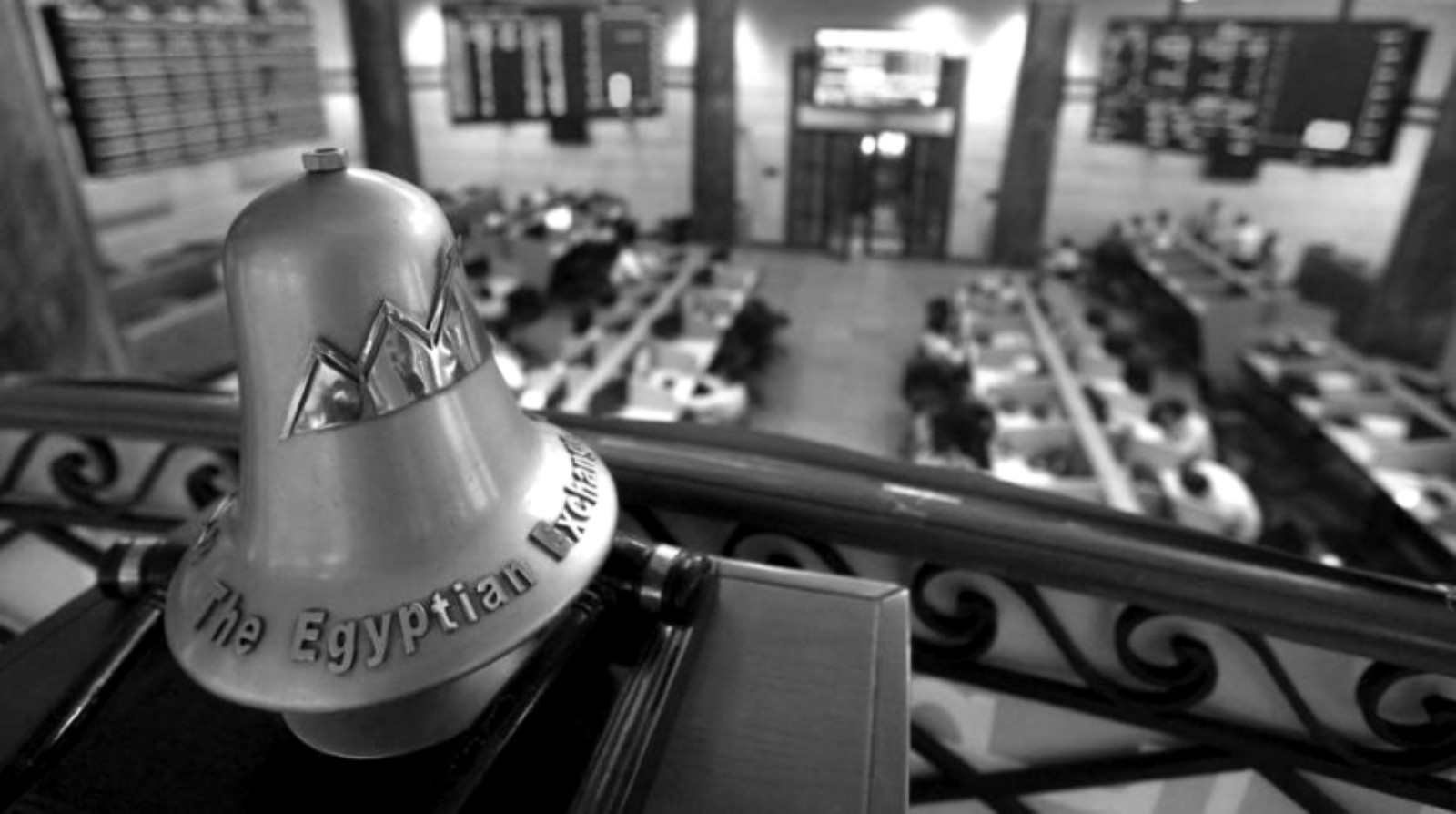The EGX capital gains tax won’t be making its comeback in January 2022

Investors are not yet facing new taxes on stock market transactions, the Finance Ministry said yesterday after reports in the local press fuelled speculation that the government is planning to introduce a capital gains tax on shares at the beginning of next year.
What’s the fuss about? Tax regulations published by local media suggested that a 10% tax on gains made from share disposal will come into force on 1 January. The rules — which outline taxes on the selling of shares and treasury bills — will only apply to resident investors, exempting foreigners from paying the 10% tax.
But the ministry says that this isn’t the case: The ministry denied that the circular indicated that the tax will come into force next year, saying it was issued in order to clarify pre-existing regulations.
We’ve been aware since last year that the CGT could make a comeback: As part of a raft of measures to support investment in Egyptian equities, the government last year postponed the reintroduction of a capital gains tax on EGX transactions until 1 January 2022.
What happens now? We talk about it. With the postponement due to expire at the end of the year, policymakers will soon restart discussions on the future of an EGX capital gains tax, local media quoted EGX Chairman Mohamed Farid saying, explaining that officials will have to weigh the tax’s impact on the market. The ministry did not address when the tax could be reintroduced.
Plans for the capital gains tax were first introduced in 2015 before being postponed to 2017 due to concerns over its negative impact on investments. When 2017 rolled around, the capital gains tax was replaced by a 0.125% stamp tax on stock market transactions and shelved for a three-year period. Then in 2019, the tax was back on the table when it was reported that officials were in serious talks over bringing it into effect in 2020, but the destabilizing effect of covid-19 on markets pushed its implementation back even further.
Policymakers have delayed the tax to shore up investor confidence, but this has attracted criticism from the IMF which said that in its absence the tax burden would disproportionately fall on poorer Egyptians.
Meanwhile, investors in real businesses continue to pay capital gains and dividend taxes because we, unlike retail investors in the EGX, lack a bright, shiny gauge to which we can point and complain.
OTHER CAPITAL MARKETS NEWS:
The number of registered investors on the EGX has risen by 74% y-o-y in the first seven months of 2021, EGX Chairman Mohamed Farid said yesterday. He said there were 3.3. mn registered EGX investors in the January-July period, compared with 1.9 mn in the same period last year. Farid attributed the increase to EGX ad campaigns aimed at encouraging bourse activity, as well as new rules that came into effect in February allowing 16-21 year-olds to trade on Egypt’s stock exchange.